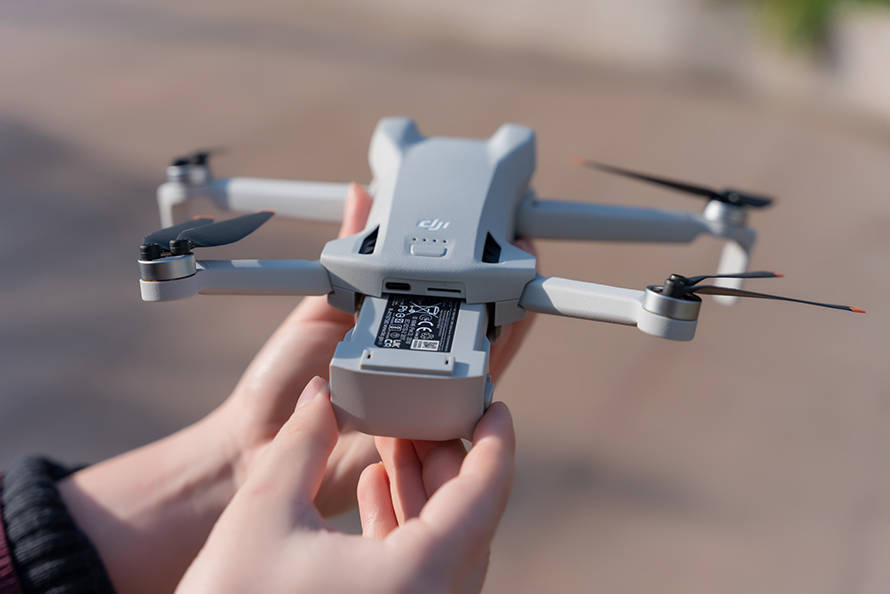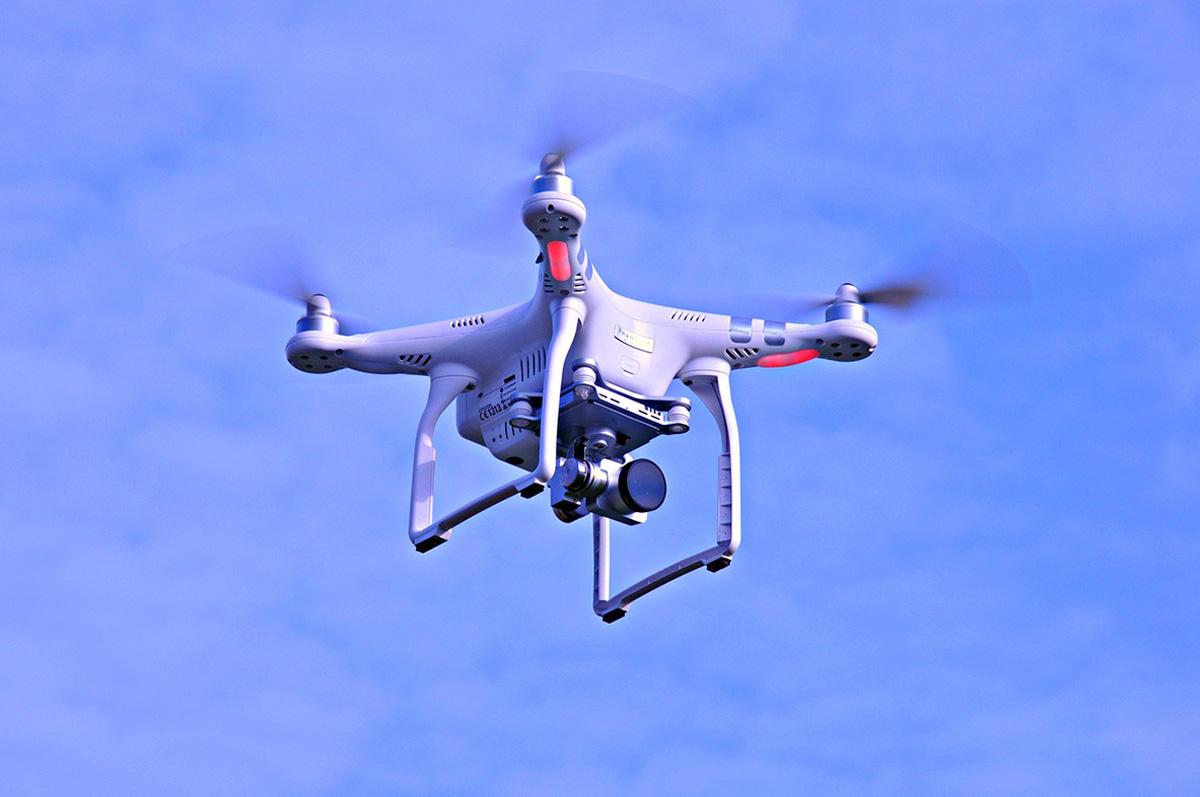In the ever-evolving world of technology, the role of a drone pilot has become increasingly significant. With advancements in aerial robotics, mastering the skills required to effectively navigate the skies with drones is both a rewarding and challenging pursuit. If you’re looking to become a proficient drone operator, it’s essential to understand the intricacies involved, from fundamental skills to advanced techniques in unmanned aerial vehicle (UAV) operation.
The first step in your journey to becoming a skilled drone pilot is understanding the various types of drones available and their respective functionalities. From hobby drones used for recreational purposes to professional-grade UAVs used in cinematography, surveying, and logistics, each type demands specific piloting expertise. Familiarity with these devices will aid in selecting the right drone for your desired application.
Foundations of Drone Piloting
Becoming adept in drone operation starts with comprehending the basic components and controls. Most drones come equipped with features such as GPS navigation, altitude control, and collision avoidance systems. Proficiency in using these features can greatly enhance flight performance. Additionally, learning the nuances of drone software and understanding the principles of aerodynamics are critical in achieving precise control and efficiency during flights.
Training and familiarization are key. Many aspiring drone pilots engage in simulation programs to practice maneuvers without real-world risks. These programs provide a platform to hone skills in a controlled environment, allowing pilots to experiment and evolve before taking to the skies.
“The mastery of drone piloting is a pursuit of both art and science.”
Developing Technical Skills
Beyond basic operations, becoming a skilled drone pilot requires an investment in technical skills. Familiarity with various camera types and functionalities can significantly improve photography and videography outcomes. Learning to execute advanced flight techniques, such as orbiting and pivoting, enables stunning aerial shots and adds depth to your portfolio.
Moreover, understanding the legalities and regulations surrounding drone usage is imperative. Globally, airspace regulations vary, and pilots must adhere to these rules to avoid penalties and ensure safety. Enrolling in certification programs not only equips you with essential knowledge but also enhances your credibility as a trusted drone pilot.
Applications and Opportunities
The applications of drone technology are vast and varied, presenting numerous opportunities for skilled pilots. From agriculture and mining to emergency response and environmental monitoring, drones are revolutionizing how industries operate. A proficient drone pilot can leverage these opportunities to build a lucrative career.
Networking with professionals in the drone community can provide insights and open doors to collaborations and projects. Engaging in forums and attending industry events are excellent ways to stay updated on trends and advancements, ensuring you remain at the forefront of this dynamic field.

Challenges and Safety Considerations

Piloting drones comes with its share of challenges, from unpredictable weather conditions impacting flight stability to equipment malfunctions. Developing problem-solving skills and maintaining focus during adversity are crucial for successful flights.
Safety should always be a priority. Ensuring thorough pre-flight checks, understanding emergency protocols, and practicing risk management are vital practices to follow. By prioritizing safety, a drone pilot not only preserves their equipment but also protects the surrounding environment and people.